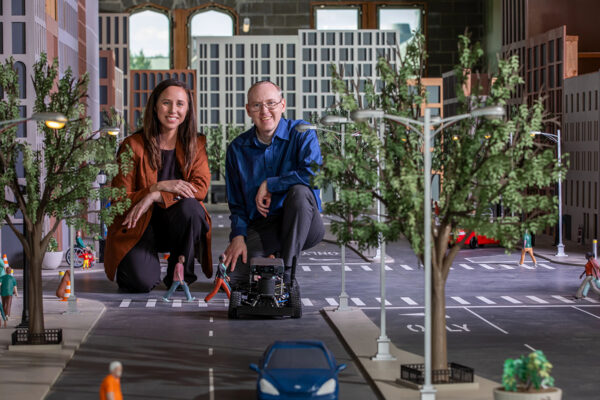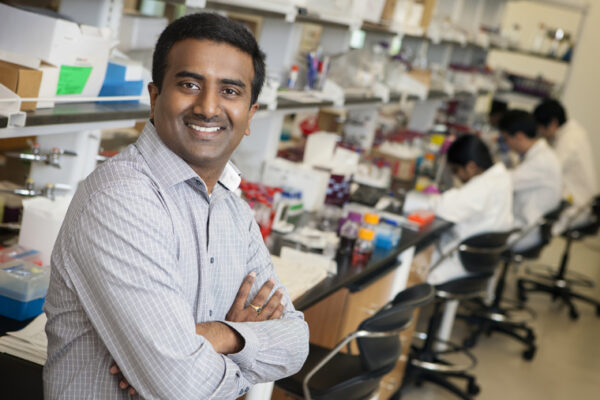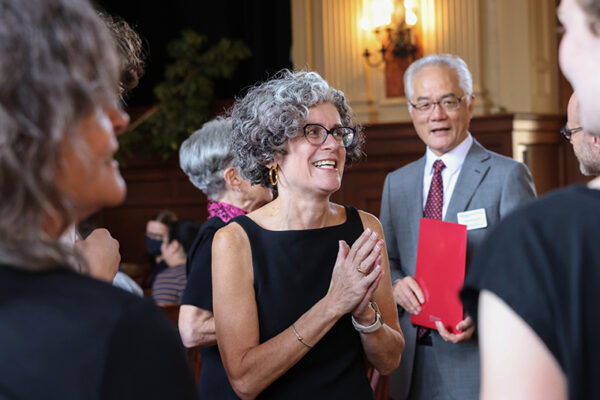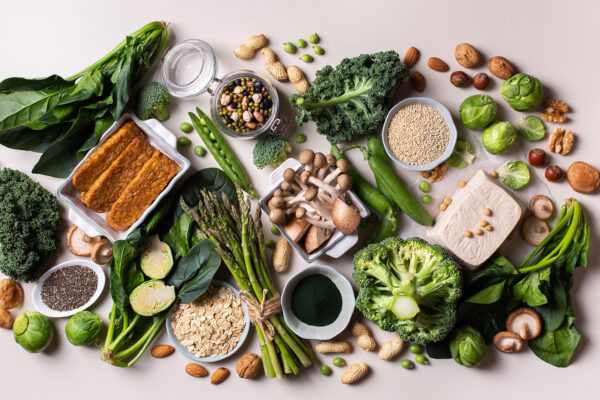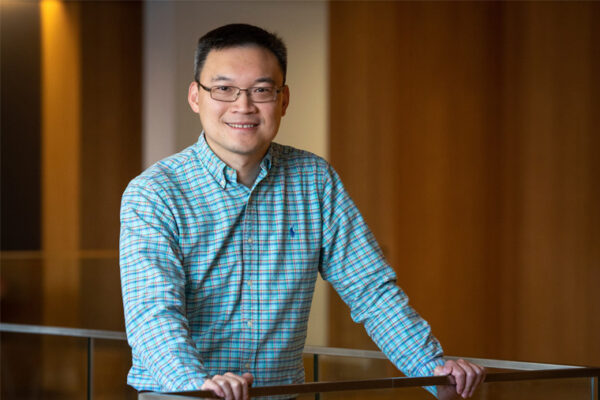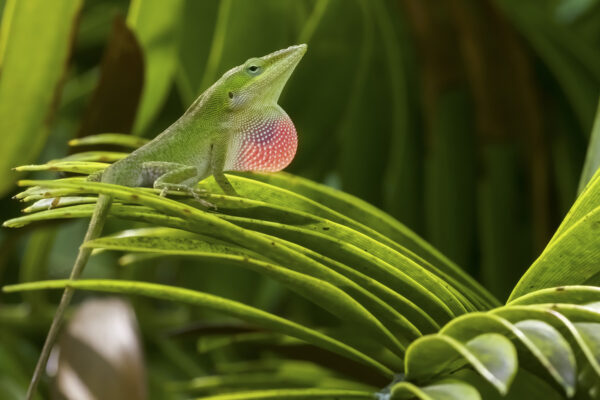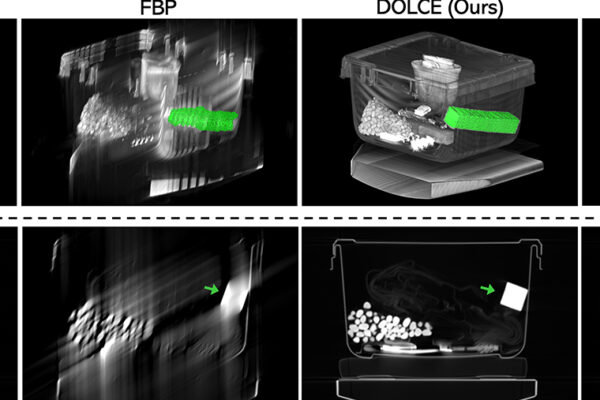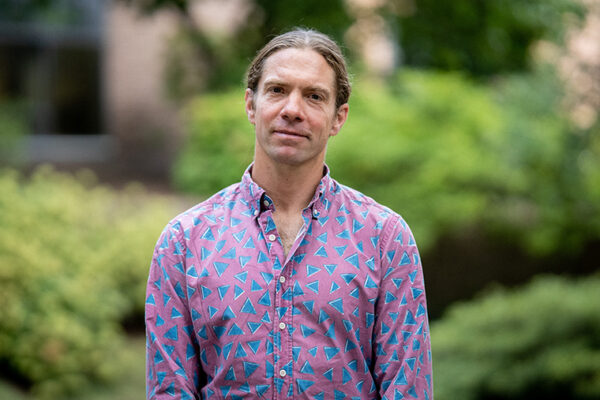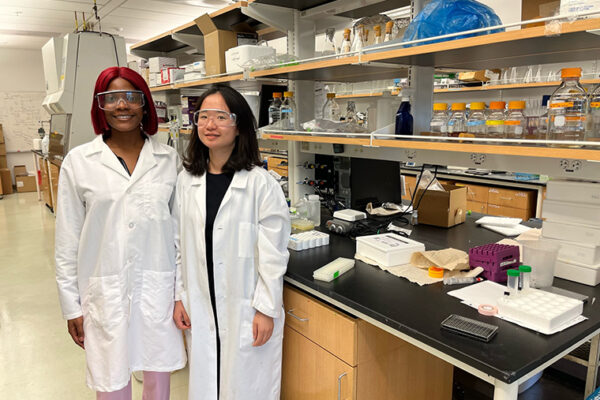Model AV testing
Two Washington University faculty members and their research teams build the “WashU Mini-City” — a novel and low-cost physical environment — to study autonomous vehicles and, ultimately, to improve their reliability and safety.
Singamaneni to develop advanced protein imaging method
With a $450,000 grant from the National Science Foundation, Srikanth Singamaneni at the McKelvey School of Engineering will develop a method that combines a bright fluorescent nanoparticle with expansion microscopy to image secreted proteins with high sensitivity, precision and accuracy.
‘Share Our Stuff’ holds fashion sale Oct. 13
The “Share Our Stuff” program collects items during student move-out each year to divert them from landfills. Events are held regularly to get the items to new homes. The program is hosting a fashion sale from noon-4 p.m. Friday, Oct. 13, at its North Campus warehouse, 700 Rosedale Ave.
Levin installed as a George William and Irene Koechig Freiberg Professor of Biology
Petra Levin, a professor of biology in Arts & Sciences, was installed as a George William and Irene Koechig Freiberg Professor of Biology in a Sept. 19 ceremony held in Holmes Lounge. Her installation address was titled “The Environment Matters.”
Foundations award $5 million for food production initiative
Feng Jiao, a professor of energy, environmental and chemical engineering at the McKelvey School of Engineering, will lead work designed to address food insecurity in low- and middle-income countries.
Shedding light on mechanisms behind Alzheimer’s disease
Song Hu at the McKelvey School of Engineering plans to develop deep-brain fiber-optic techniques to investigate the cause of memory loss in Alzheimer’s disease.
No lizard is an island
New research from Washington University in St. Louis and the Georgia Institute of Technology directly measures the long-term survival of lizards in the wild, providing a more complete explanation of how evolution plays out among species that live side-by-side.
Meet DOLCE, an AI tool that reconstructs CT images from limited-view data
Ulugbek Kamilov and Jiaming Liu in the McKelvey School of Engineering developed a sophisticated deep learning model that can create high-quality CT images from severely limited data and quantify the uncertainty in the reconstructed images.
Speeding up creation of quantum entanglement
A team of researchers including Kater Murch, professor of physics in Arts & Sciences, has found a shortcut to establishing a baffling phenomenon of quantum physics.
WashU students contribute to biomanufacturing in space
WashU engineers visited Kennedy Space Center to report research progress and to understand testing capabilities for alternative feedstocks in biomanufacturing.
Older Stories
